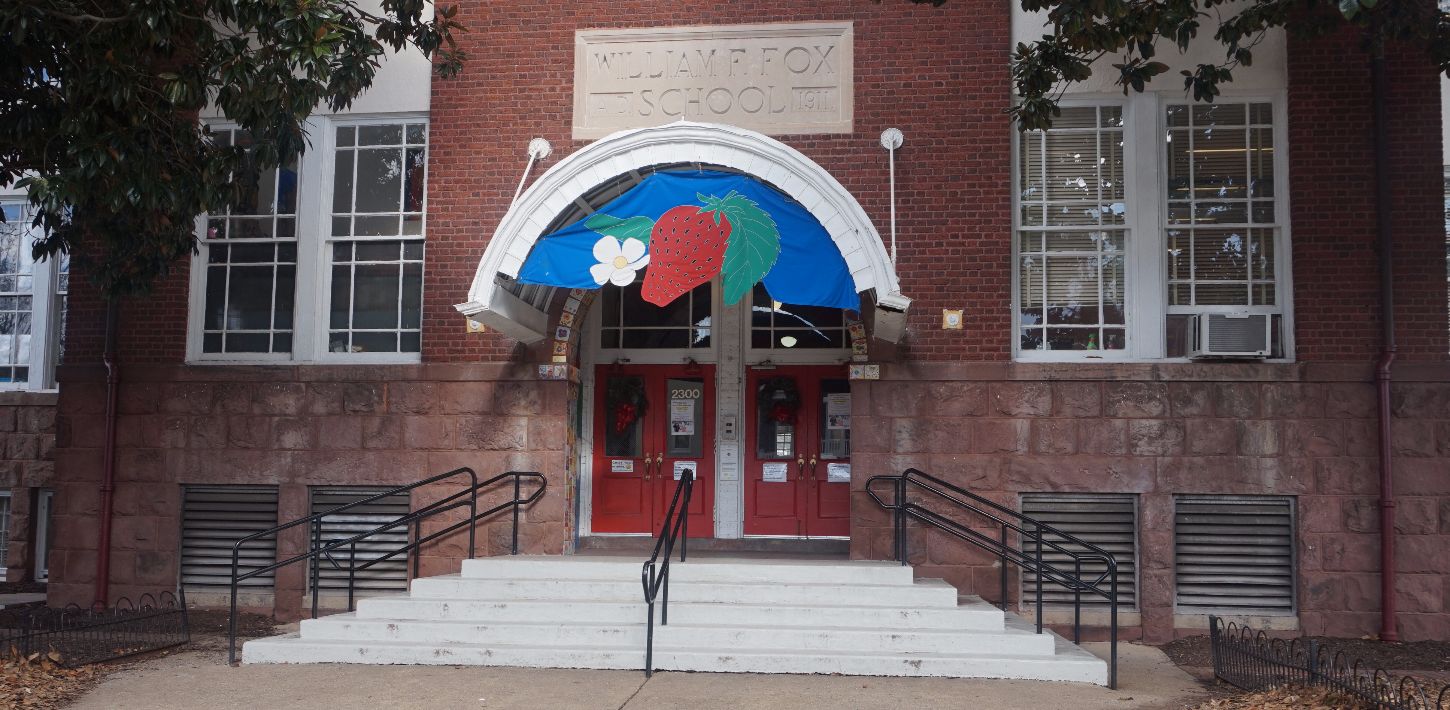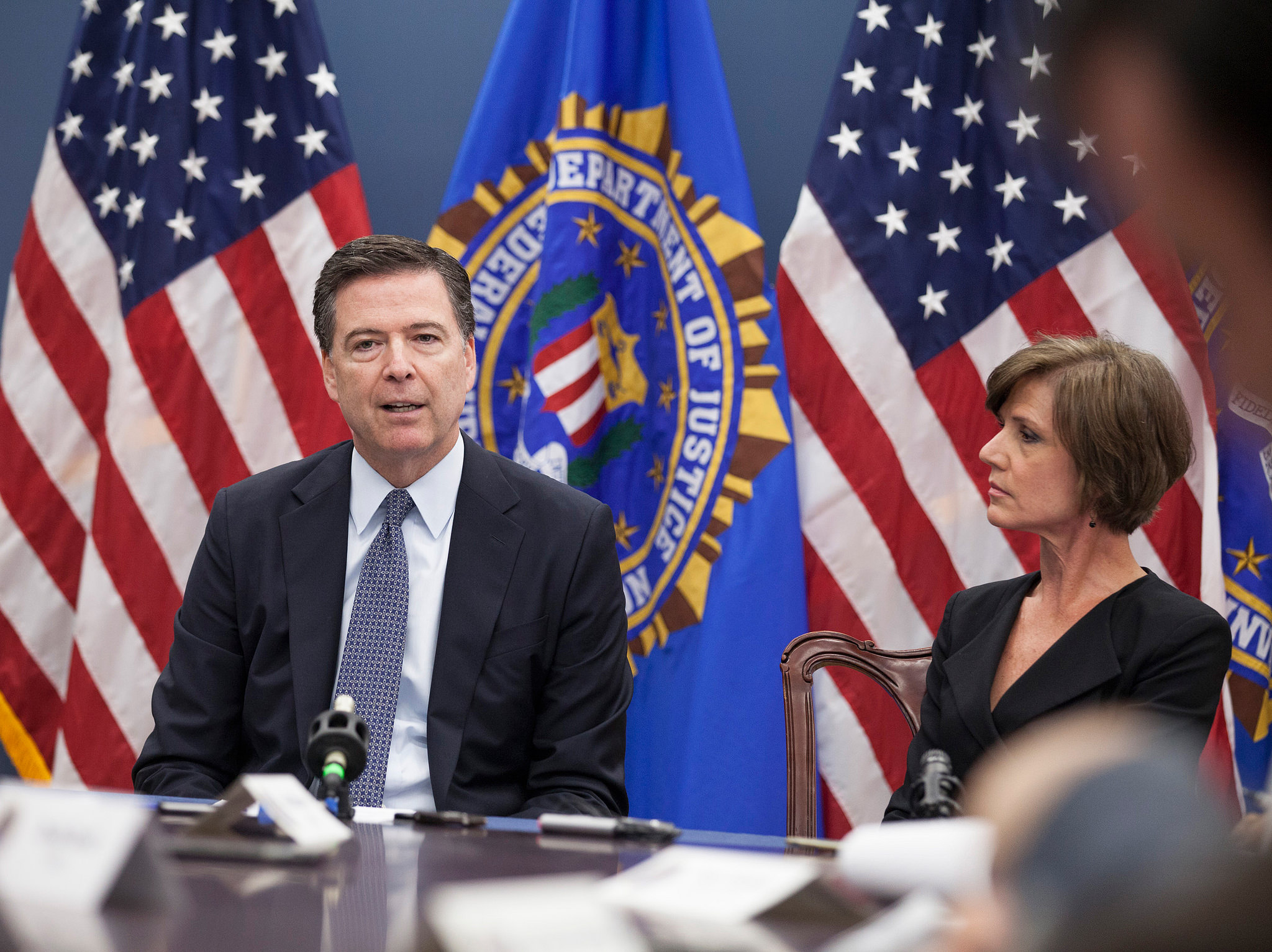After Russia’s annexation of the Crimean Peninsula and increased hostility towards the U.S. and Western allies, Poland now wants American troops to be permanently stationed in their country to serve as deterrent to Russian military advances. On Monday, Poland Defense Minister Mariusz Blaszczak said that he has been in contact with Washington about ramping up support, which is currently on a temporary, rotational basis.
Blaszczak and the Polish government are highly concerned over regional security as the Russian government has bolstered separatist groups in eastern Ukraine. They claim that it is only a matter of time before such hostility reaches over the border to the former Soviet-bloc state.
In a report from ABC News, Poland has even offered the Pentagon $2 billion to assist them in build further military infrastructure and funding permanent deployment of U.S. troops.
Poland is not the only Baltic-region nation that has expressed concern. Lithuania, Latvia, and Estonia are all worried that Russian advancement will not end in Crimea.
In 2014, the Crimean Peninsula was captured by the Russians after the extrication of deposed Ukrainian President Viktor Yanukovych. After the the late-winter installation of the pro-Russian Aksyonov government in Crimea, a referendum on the status of Crimea was passed, thus declaring independence from Ukraine in March.
Since the annexation of Crimea, NATO-led battle groups have been deployed to each country. Since 2014, 150 U.S. troops have been stationed in Lithuania, and in mid-2017 the country’s president requested a permanent U.S. presence, “to not only deter but to defend,” against possible Russian military threats.
As a geopolitical middle ground between Europe and Russia, leaders of the countries are worried that Russian President Vladimir Putin will send armaments to the Suwalki Gap. The 60-mile-long section of the Polish-Lithuanian border between Belarus, a Russian ally, and Kaliningrad, a Russian exclave on the Baltic Sea would potentially cut off the Baltic states from Europe.






